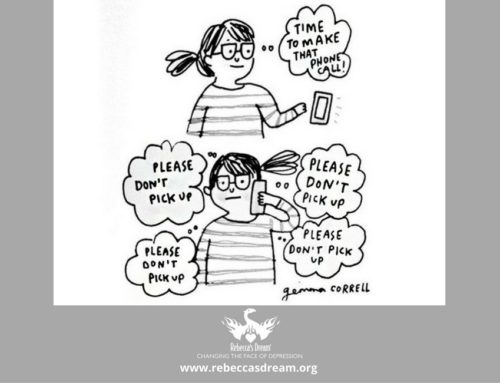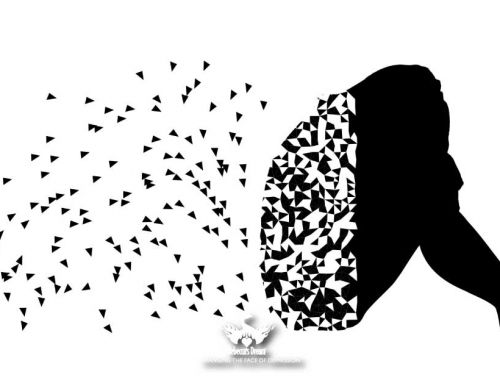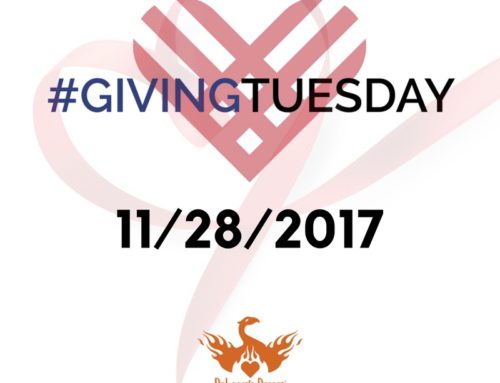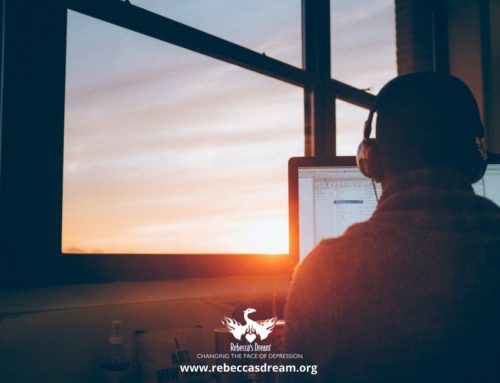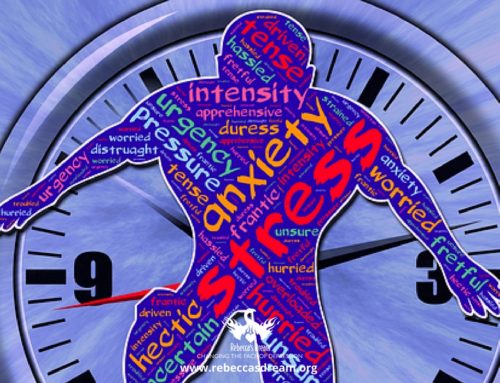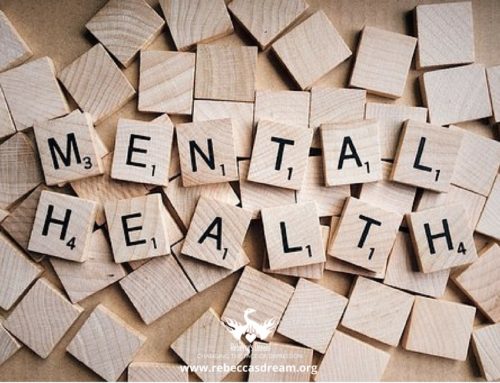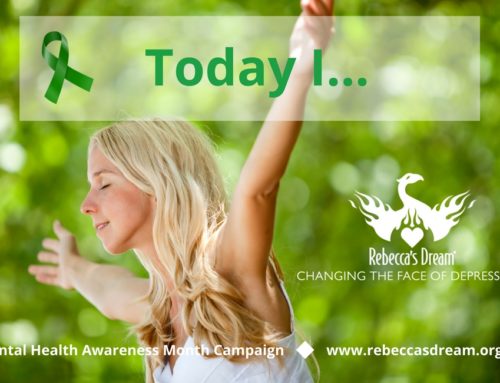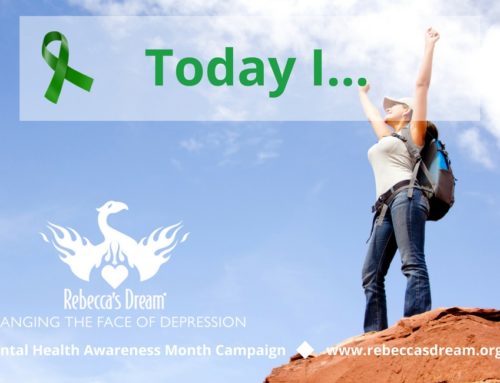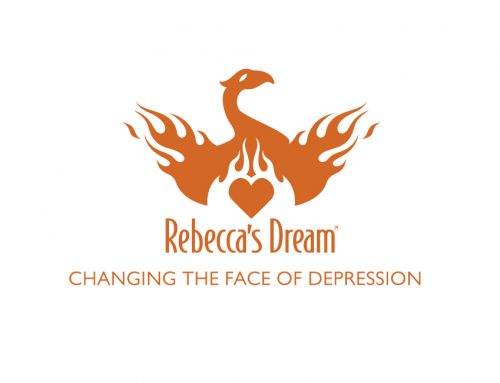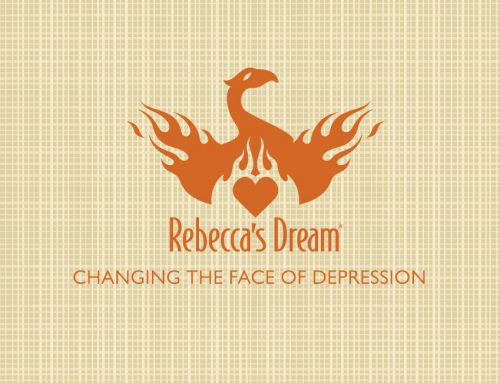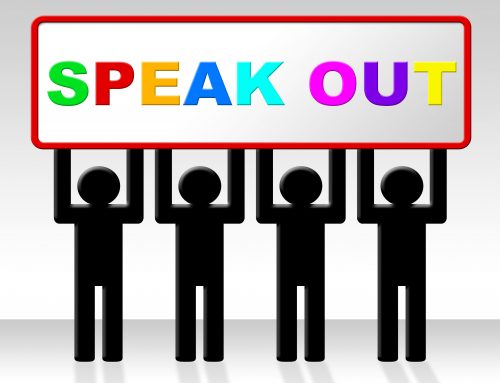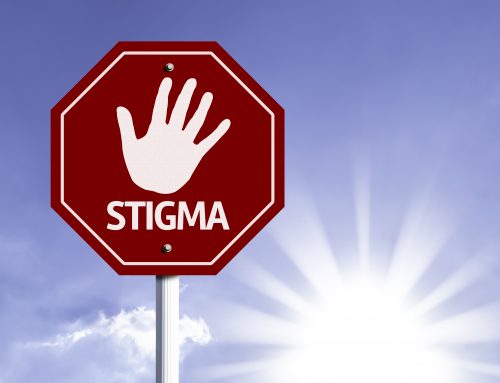While it’s not always easy to “turn off your brain,” so to speak, paying attention to your inner thoughts is a skill worth honing — especially if you struggle with anxiety. That’s because, like it or not, some thoughts can make anxiety worse. A few examples? Repeating negative self-talk, comparing yourself to others, and zeroing in on all the things that can go wrong.
Thoughts like these are known as negative self-talk, and they’re definitely not something you want knocking around inside your already-anxious head. “Negative self-talk of any kind is not recommended, but it is particularly important in this case as any type of negative message magnifies in strength when you are already not at your best,” therapist Judi Cinéas tells Bustle.
That’s why she recommends challenging these thoughts, whenever possible. “Always know that you can and will get better and challenge all negative thoughts, especially generalizations and thoughts [like] ‘this is never going away’ or ‘you can’t do it.'” Again, it’ll take some work to switch up the way you think and replace anxiety-inducing self-talk with something healthier. But it is totally worth it. Start by eliminating the toxic thoughts below, and move on from there.
1. “This always happens to me…”
When dealing with anxiety, it’s normal to start thinking you always feel this way. But be careful using (or even thinking) such strong language. “The negative thought becomes a self-fulfilling prophecy, which then strengthens the negative thought pattern and the cycle begins again, and the anxiety increases,” says therapist Ginger Poag, MSW, LCSW. And that’s not good.
2. “My anxiety needs to stop right now”
Once you’re anxious, it can be tempting to tamp it all down and try to force it to go away. But don’t. “People have a way of wanting to regulate what they are and are not allowed to feel or experience, which in turn makes them feel worse for actually going through it and not being able to ‘snap out of it,'” Cinéas says. If you’re feeling anxious, it’s way better to acknowledge it.
3. “What if…”
Be honest: how often do you sit around worrying about the “what ifs” in life? What if your relationship ends, what if you have cancer, what if you get fired, etc. If your answer is “all the time,” this thought pattern is definitely making you more anxious.
“When anxious and worried, thoughts that begin ‘What if…?’ cause the person’s imagination to go into overdrive,” psychologist Paul Coleman, PsyD tells Bustle. “The person will come up with negative outcome scenarios that have no clear-cut solution, which will thereby increase their anxiety.” So, from now on, practice saying “stop” to yourself every time your brain tries to run away with you.
4. “Everybody’s judging me…”
Anxiety can cause a spotlight effect, where, as Coleman tells me, it can feel like all eyes are on you. If this sounds familiar, remind yourself that’s not a helpful way to think. And, 99.9 percent of the time, it’s not even true.
5. “I need to have a plan”
If you create a steadfast plan for your day, don’t be surprised if the structure of it all ends up giving you more anxiety. “People with anxiety attempt to reduce their stress by wanting a high level of certainty about what to expect,” Coleman says. When your plans go awry, as they are wont to do, it can increase your anxiety to unbearable levels. So go ahead and practice letting things fly, whenever you can.
6. “Am I making the right choice?”
Ah, decisions. The pressure of making the right choice can feel life-alteringly terrible, which is why you gotta learn to make a choice and then let it go. “Again, the anxious person is seeking certainty or a high level of reassurance that their choice will work out,” Coleman says. “Any self-talk that aims to reduce uncertainty beyond what is reasonable will create hesitation, increase anxiety, and often will cause the person to miss an opportunity or to make a rash decision.”
7. “She’s so much better than me…”
If you walk around all day comparing yourself to coworkers, friends, and other people on the street, do know this bad habit can and will make anxiety worse. As Coleman says, “When comparing one’s life journey and experiences to others who are presumably doing better, it creates undue pressure that makes a person feel worse than they already do.” It’s a tough habit to break, for sure. But definitely something you should work on as often as possible.
8. “What am I going to do?”
Of course you want to figure out your life’s problems and set off in a better, healthier direction. But it’s important to do so without ruminating too intensely. “As hard as it can be to not focus on [your anxiety], it is important to shift your energy and thoughts to solutions as well as what is already working,” Cinéas says “Dwelling on it, which is easy to do, intensifies the weight and impact of the issue.” And that’s just not worth it.
9. “I’ll be happy when…”
If you tell yourself you’ll be happy once you get that job/find that partner/lose some weight/move to a new city, you’re setting yourself for a super anxious life. “Future-focused thinking creates anxiety,” clinical psychologist Dr. Rose Motentells Bustle. “Peace of mind will always elude you if you attach it to a goal. It can only be found now, in the present, in our conscious awareness.”
10. “It’s all my fault”
When sh*t hits the fan, do you immediately and unconsciously blame yourself? If so, it’s yet another thought pattern that can up your anxiety levels. “Self-talk that holds you responsible for all things that go wrong … might give you a sense of control, but ultimately this line of thinking can cause you more anxiety,” psychotherapist Tara Chivukula, LCSW tells Bustle. So work on letting it go, and being a little less harsh with yourself.
11. “I suck”
Negative self-talk can truly make you feel worse, whether you have anxiety or not. So try to keep those mean thoughts in check. “Name-calling for any perceived failure is not helpful,” Chivukula says. If you do this, try replacing that negativity with some positive self-talk, and see if you don’t notice a hugedifference.
Because, again, what we think and what we tell ourselves can have a massive affect on how we feel. If you have anxiety, the last thing you want to do is make it more difficult to handle by giving into negative self-talk.

















